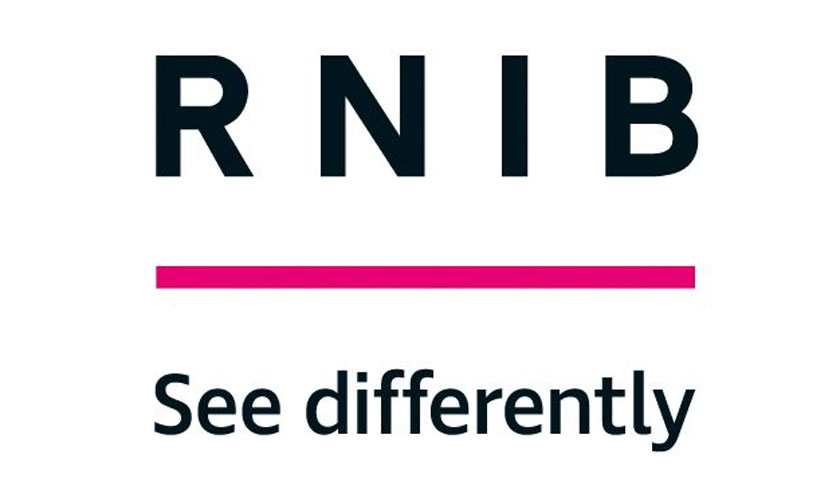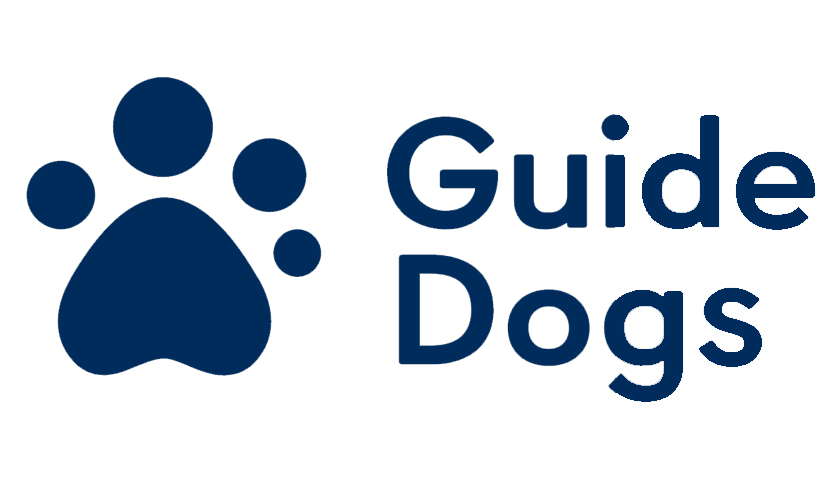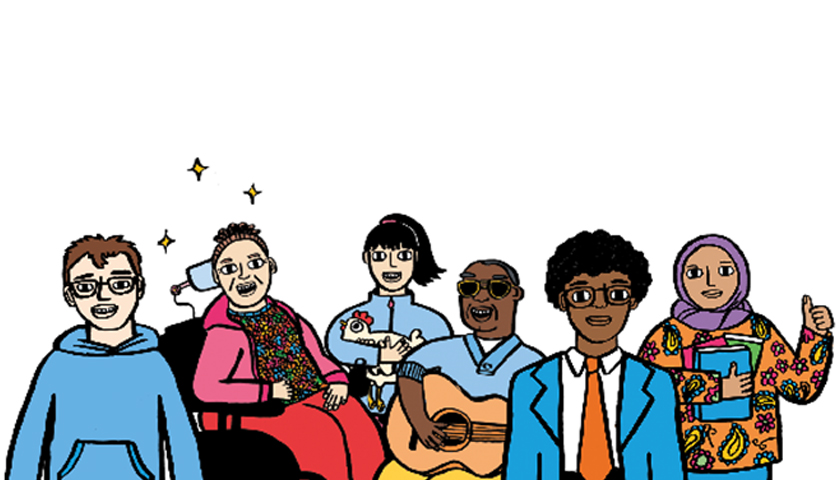A group of leading disability charities has teamed up to directly challenge Downing Street about significant concerns over the accessibility of public health information in relation to coronavirus, and the significant risk this poses to disabled people and the nation as a whole.
The following charities have written directly to Downing Street as the communities they represent are not receiving vital public health information in a way they can access or understand:
- Action on Hearing Loss,
- The Royal National Institute of Blind People (RNIB),
- SignHealth,
- Sense,
- Visionary,
- Thomas Pocklington Trust,
- The National Autistic Society, and
- Guide Dogs
As individual charities and as a collective group, they have engaged with a number of officials on this issue. However, progress has been slow and inconsistent, with organisations having to intervene on particular communications to ensure information is accessible to prevent risk to disabled people and the wider population.
Combining those with moderate to profound hearing loss, and those with moderate and severe sight loss, there is a population of over 4.5 million people who are missing out on vital public health information at this critical time. Significantly, these groups are also likely to be over-represented in those who are at risk of becoming severely ill as a result of coronavirus.
Over 70 per cent of people aged over 70 years old have hearing loss, whilst one in five people aged 75 and over have sight loss. Many people in these groups have comorbidities.
The charities are also concerned that many of the 700,000 autistic people living across the UK, who struggle with communication and processing information, are not able to fully understand or engage with vital public health information. This is leading to heightened anxiety and uncertainty for many people during an already difficult time, with communication needing to be as clear and direct as possible.
This brings significant risk to disabled people themselves, but also to their communities and the NHS, with the potential to undermine national efforts to delay the spread of the virus.
Mark Atkinson, Chief Executive, Action on Hearing Loss, said: “We appreciate that in such a highly-pressured, fast-moving situation, crucial information must be communicated to the public extremely quickly. It is vital, however, that despite these pressures, accessible standards are upheld, to ensure information reaches those who need it the most.”
He added:“In England, the NHS should be following the Accessible Information Standard, providing information in people’s preferred format. The Equality Act also requires all service providers to make “reasonable adjustments” to support disabled people, including providing information “in an accessible format”.
Matt Stringer, CEO of RNIB, said: “The coronavirus guidelines are the most important pieces of information for our generation. It is critical that all communication around how to keep safe during the ongoing pandemic are accessible in order to ensure that people with sight loss and other disabilities know how to keep themselves, and their communities safe.
“We urge the Prime Minister to address these failings and provide all information in accessible formats as a matter of urgency.”
This consort of charities is calling for personal leadership from the Prime Ministers team on this, including the identification of national senior lead to help tackle this issue.



